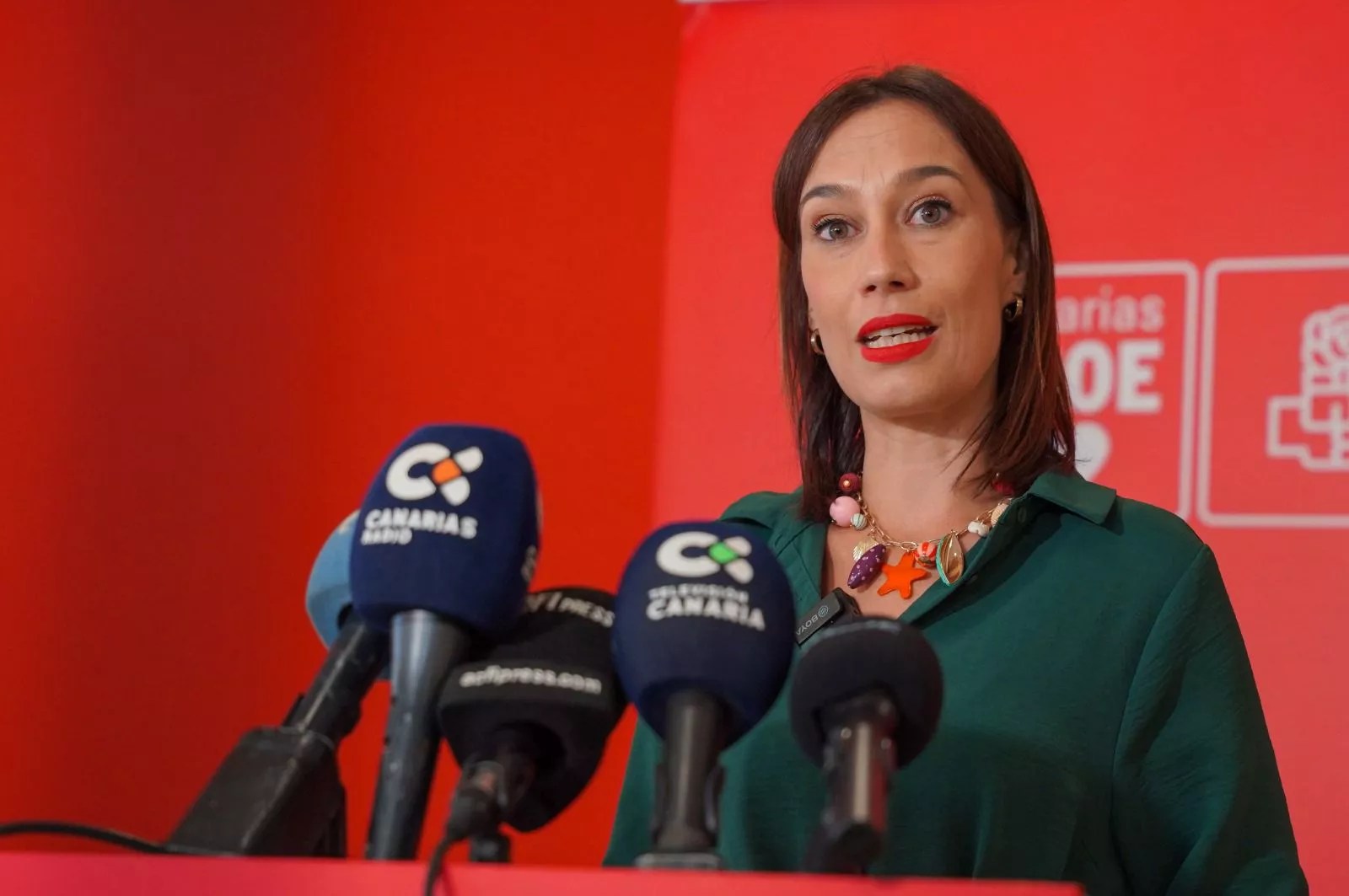
Martín criticises the government group for “deceiving” by introducing amendments to avoid voting on the proposed fee for overnight stays for non-residents.
SANTA CRUZ DE TENERIFE, 26th April. (EUROPA PRESS) –
The political groups of CC, PP and PSOE in the Tenerife Council have reached an agreement this Friday, with Vox abstaining, to approve a final fee that will be effective from 1st January 2025 for providing services in the protected natural areas of Tenerife to enhance their conservation and protection, along with the required preliminary studies.
The agreement, based on a proposal from CC and PP modified by the socialists to specify a deadline, also involves promoting a “more sustainable management” of natural spaces and implementing access control and restrictions based on their carrying capacity.
The head of the Socialist Group, Pedro Martín, has rebuked the Government group for submitting an entire amendment to their motion previously, seeking the introduction of an ecotax for non-residents’ overnight stays, which led to its withdrawal.
He has accused the Council of resorting to “tricks” to avoid discussion with a lack of “political finesse” and has refuted the idea that charging for entry to natural areas is an eco-tax, which would be complex to implement, especially in the case of the Teide National Park which has a road crossing through it.
Martín has argued that a fee per overnight stay does not cause harm to any tourist destination and has defended it against the suggestion from the Canary Islands President, Fernando Clavijo, to increase the IGIC on overnight stays as that could lead to inflation.
The spokesperson for the Socialist Group, Aarón Afonso, stated that tourism is the “driving force” of the island, allowing it to create wealth, but he acknowledges the need for a “listening” process following the protests on April 20 reflecting public dissatisfaction.
Given the record tourist arrivals and revenue, he expressed that it is time to introduce a tax on non-resident overnight stays in tourist establishments.
Lope Afonso, Vice President of the Council and Minister of Tourism, sarcastically remarked that the PSOE has discovered the “key” to solving the island’s issues with an ecotax on overnight stays, labelling this discussion as an “inconsistency” in their approach. “They are correcting their own mistakes,” he remarked.
He clarified that their presentation of the motion is not out of “conviction” but as a form of “redemption” to part of their voters because despite including the proposal for an ecotax in their 2019 electoral manifestos, it was never executed, not even initiating a study process.
Afonso emphasised that the PSOE proposal is essentially “a tax” disguised under another name, and in this light, the Council’s objective is to enhance visitor experiences and aid in conservation efforts.
RUANO: ECOTAX IS A MERE “POSE” BY THE PSOE
The representative of the Nationalist Group, José Miguel Ruano, finds it oversimplified that the ecotax would resolve all the island’s problems, hence he views the conference of council presidents on Tuesday as “a chance” to define a model and enhance quality of life.
He deems it a “falsehood” that this tax would address the “mismatch” between population growth, infrastructure, and service provisions, stressing that “tourism should not be scapegoated.”
He categorised the PSOE proposal as an attempt to “respond to the protests” from the previous Saturday, urging, for instance, the Granadilla City Council to reclassify urbanisable land as rustic to safeguard the coastline.
Ruano believes that “the ecotax is not the remedy” but rather a “posture” by the socialists, highlighting the urgency to tackle population growth.
Ana Salazar (Vox) criticised the PSOE’s “pretexts” for not endorsing the tourist tax during the prior term and now, out of “opportunism,” they bring it up and without providing alternatives to the “overuse” of the land.
“Their focus is on raising funds,” she underscored, noting that the PSOE portrays tourism as the primary cause of the island’s issues.
















